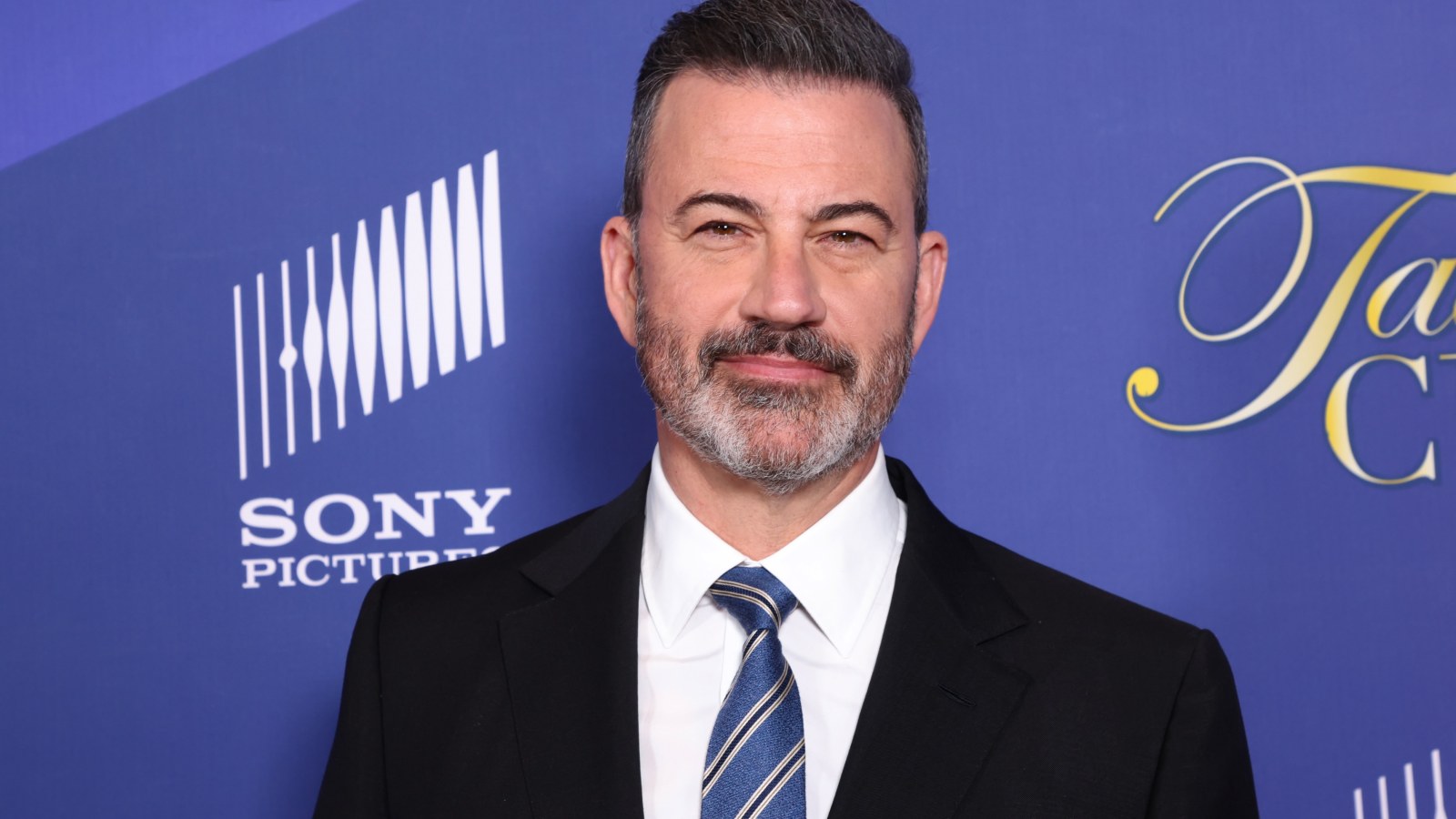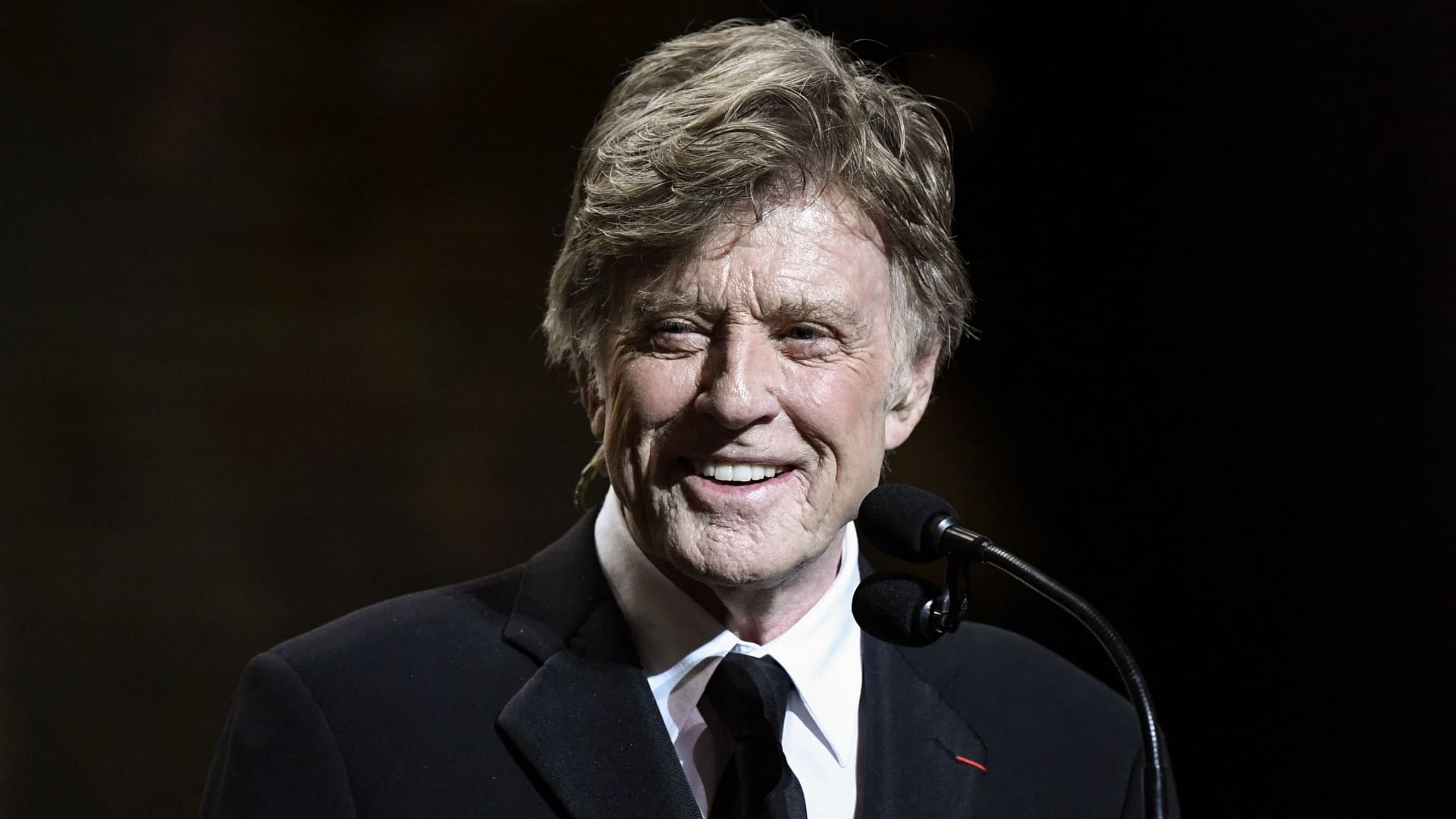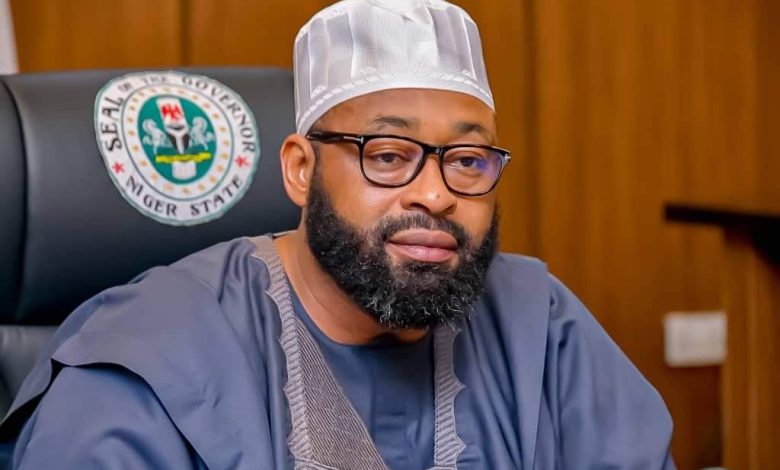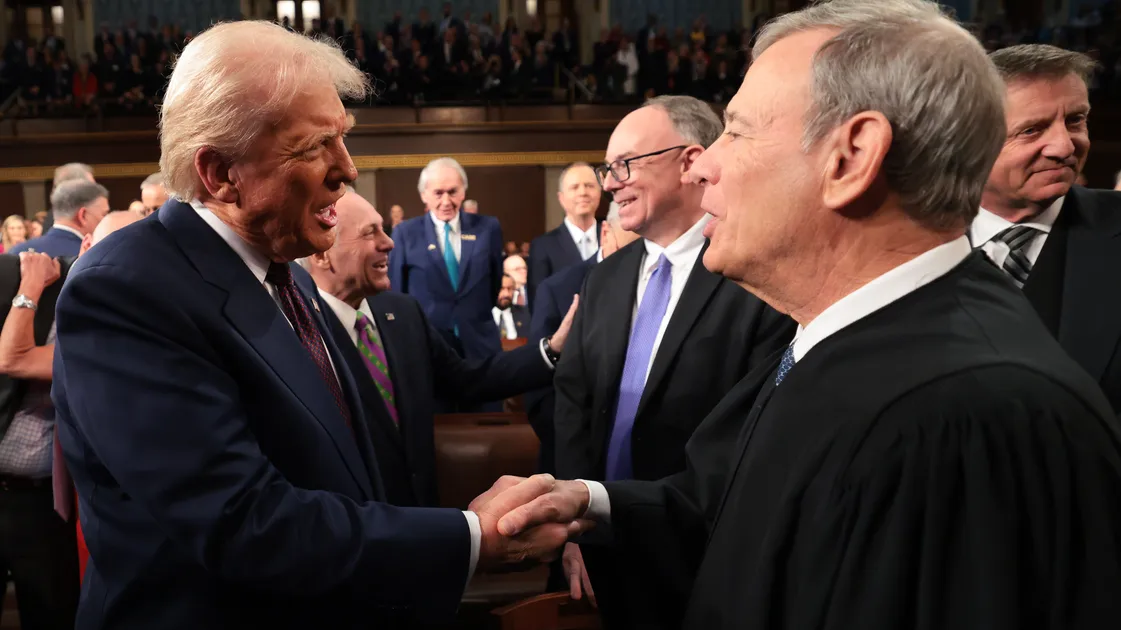By Siddhi Vinayak Misra
Copyright breezyscroll
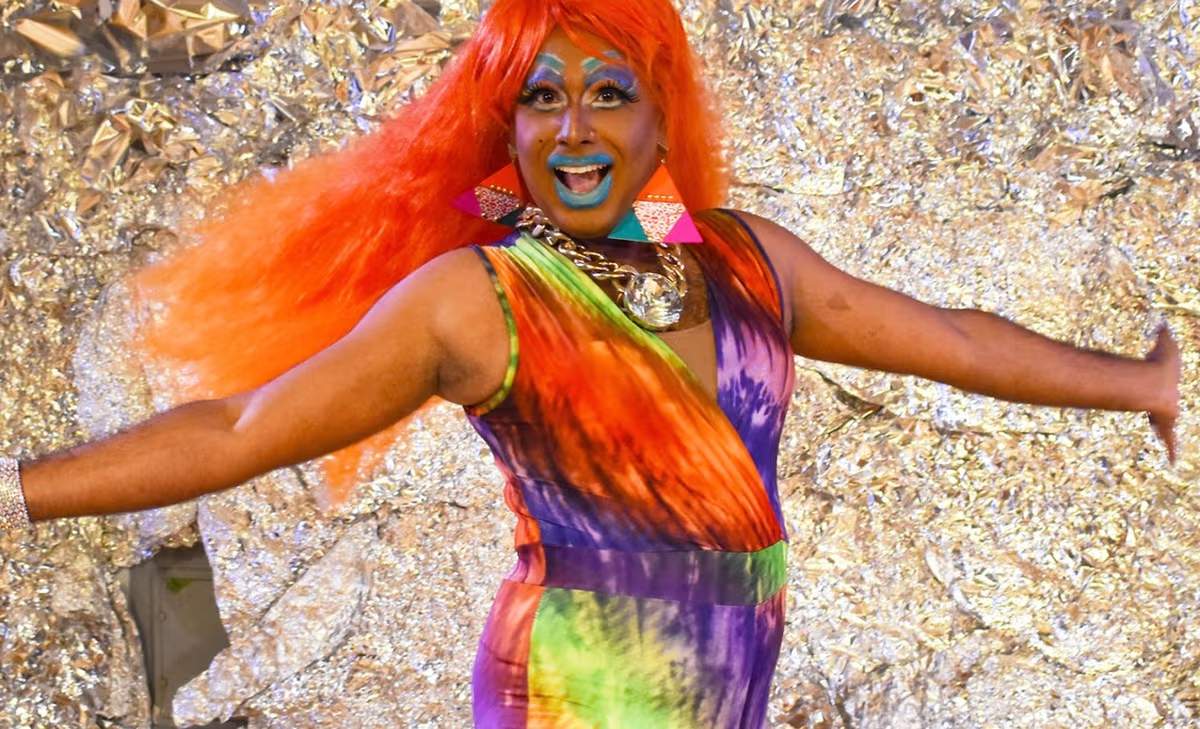
Harvard University has appointed Tufts University associate professor Kareem Khubchandani, better known in drag as LaWhore Vagistan, as a visiting professor in its Studies of Gender and Sexuality program. The announcement, made earlier this summer, has sparked both interest and controversy, as Khubchandani integrates drag performance into teaching and scholarship.
Who is Kareem Khubchandani, also known as LaWhore Vagistan?
Khubchandani is a scholar of Theater, Dance, and Performance Studies at Tufts University. Their academic work explores South Asian nightlife, queer identity, and performance as a form of cultural critique.
Under the stage persona LaWhore Vagistan, Khubchandani has performed for over a decade, blending comedy, storytelling, and drag to interrogate politics, gender norms, and diasporic identity.
The drag name, which plays on “Lahore” (a major Pakistani city) and the idea of a united South Asian “Vagistan,” has been both celebrated for its irreverence and criticized as provocative.
Khubchandani has published works such as Decolonize Drag and Ishtyle: Accenting Gay Indian Nightlife, and this fall will release Lessons in Drag: A Queer Manual for Academics, Artists, and Aunties.
What will Khubchandani teach at Harvard?
As part of a two-semester appointment, Khubchandani will teach:
Queer Ethnography (Fall 2025) – A course examining research methods in LGBTQ+ communities.
RuPaulitics: Drag, Race, and Desire (Spring 2026) – A course that uses the reality TV show RuPaul’s Drag Race as a lens for understanding politics, culture, and identity.
In past classes, Khubchandani has lectured in drag, arguing that performance can break down hierarchies in the classroom and engage students in unconventional ways.
Why this appointment is sparking debate
The decision comes at a time when elite universities face scrutiny over tuition costs, academic priorities, and political polarization. Critics argue that classes on drag and popular culture diminish the value of a Harvard degree. Supporters counter that courses like these reflect contemporary scholarship in performance studies and gender theory, pushing students to think critically about identity, representation, and media.
The timing also adds fuel to the debate: days before news of the appointment circulated, President Donald Trump unfroze $2.4 billion in federal grants to Harvard after the university agreed to open a network of trade schools. Some critics suggest Harvard is trying to balance progressive cultural programs with more “practical” investments in workforce education.
The bigger picture: Drag, academia, and cultural politics
This hire is not unprecedented—other universities, including NYU and UC Berkeley, have incorporated drag into performance studies curricula. But Harvard’s stature makes the appointment especially symbolic.
It reflects:
Drag as scholarship – Drag is increasingly studied as both art and political expression.
Gen Z student demand – Younger students often seek courses that connect pop culture with deeper questions of power and identity.
Cultural flashpoint – In the U.S., drag has become a political battleground, with debates over drag shows, children’s access, and LGBTQ+ rights dominating headlines.
What comes next
Khubchandani will teach two courses over two semesters while continuing their research and upcoming book tour. Whether this appointment becomes a lightning rod for political criticism or a model for innovative teaching, it signals a shift: even the Ivy League is recognizing drag not only as entertainment but as an academic field worth serious study.
